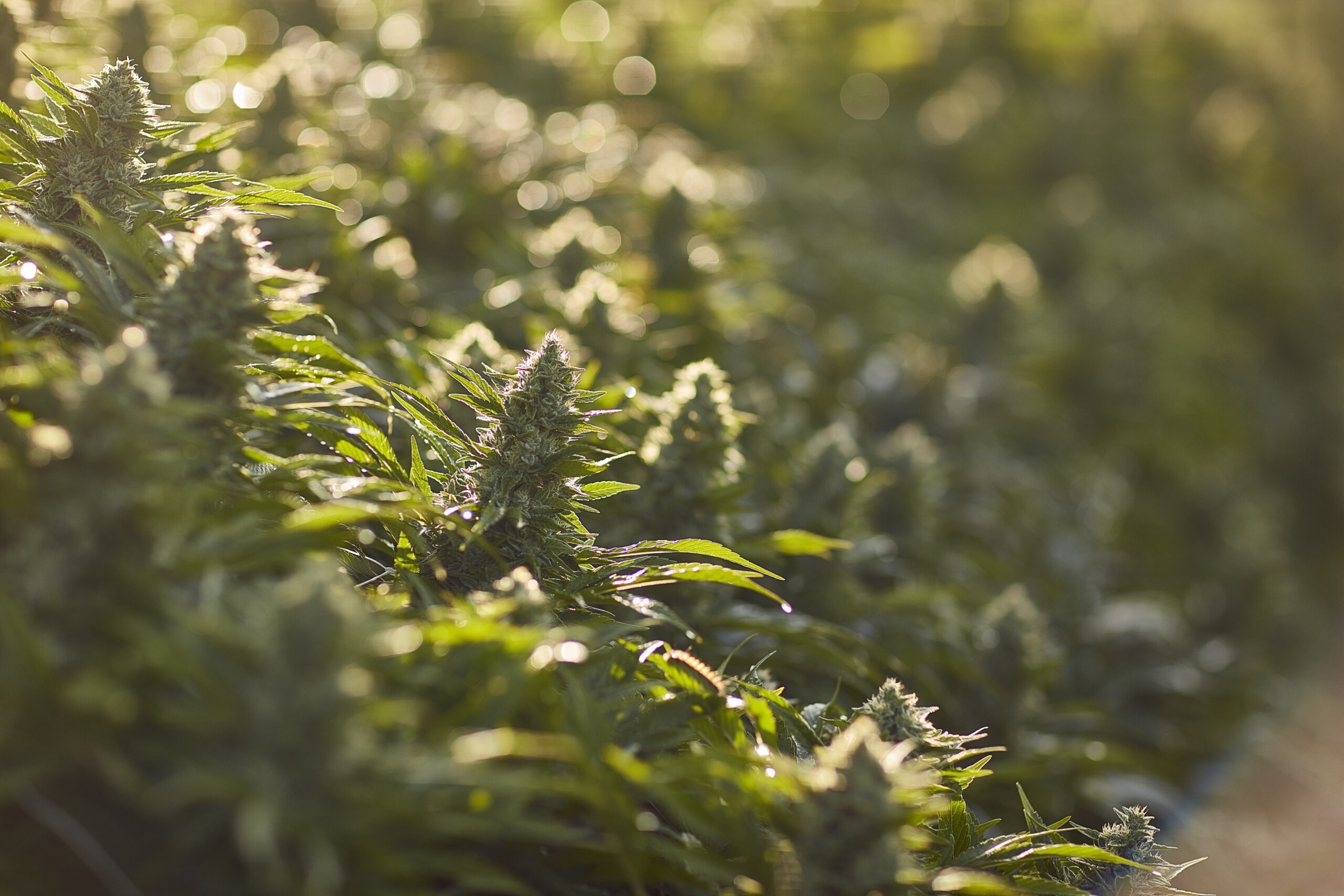
If you read the June 14 exposé “The Dirty Secret of California’s Legal Weed” in the Los Angeles Times on the chemical contaminants found in many cannabis products and you’ve worried about what pesticides and adulterants you may accidentally be ingesting, you may be comforted to know that another option exists.
OCal certification is a California state program which guarantees a comparable-to-organic cannabis product adhering to the same strict safety standards as the USDA organic certification.
The only reason for the difference in labels is because the USDA, as a federal government entity, can’t legally certify cannabis products. As a longtime leader in the organic certification industry, however, CCOF offers both certifications using the same standards and integrity.
According to the LA Times article, an investigation found “alarming levels of pesticides in cannabis products at dispensaries across the state.” These included some of the most popular brands of vapes and pre-rolled cannabis, with some products containing as many as two dozen pesticides—some banned in the United Kingdom and EU. T This article points out that state testing standards lag behind the pace of the chemical industry, which keeps coming up with new chemicals to evade old regulations. It also notes that medical cannabis users, who already face health challenges, are at extra risk.
While California cannabis is currently tested for the presence of more than 60 pesticide residues, OCal certification goes above and beyond by testing for nearly twice as many pesticides. These chemical pesticides and herbicides have been linked to birth defects, obesity, diabetes, ADHD, and other health problems. The OCal prohibition of toxic chemicals means that these chemical residues are not present on OCal-certified cannabis products.
In addition, the OCal regulations dictate which added ingredients and processing methods can be used when creating manufactured cannabis products like edibles or concentrates. This means that OCal edibles only contain OCal-certified cannabis extracted with approved methods and certified organic added ingredients, such as organic fruit, sugars, and butter.
What action can you take?
When shopping, look for the OCal label. Ask your dispensary to stock OCal-certified products. Tell your friends and family. The more recognition this certification receives, the more consumers will be aware of their full range of options.